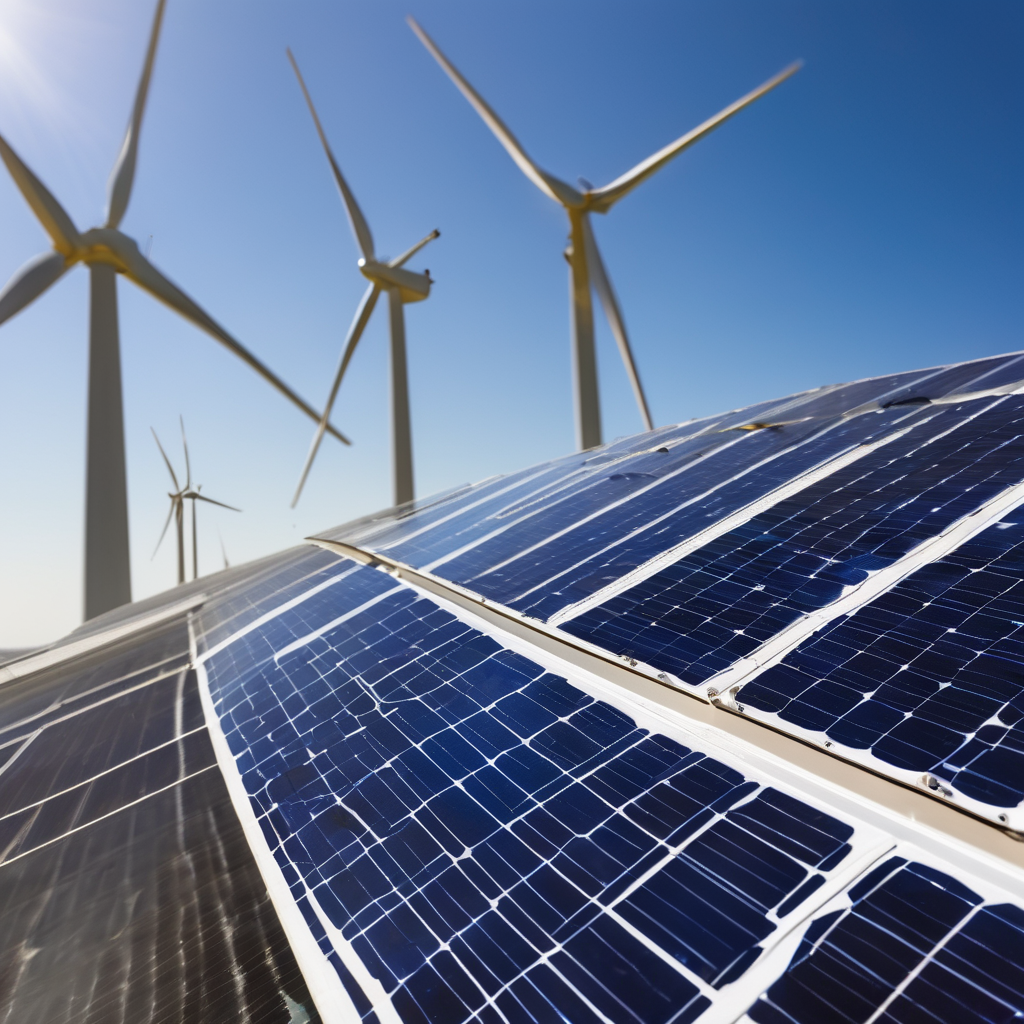Rich nations are exhibiting a waning commitment to addressing the climate crisis, as noted by André Corrêa do Lago, the president of the upcoming UN climate talks COP30, set to commence on Monday in Belém, Brazil. The Brazilian diplomat pointed out that, in contrast, China is making substantial advancements in the production and deployment of clean energy technologies. He advocated for more countries to adopt China’s proactive strategies instead of lamenting their competitive disadvantages.
This shift away from active engagement by the global north has been a long-term trend, according to do Lago. He remarked, “It is not just this year; it has been moving for years, but it did not have the exposure that it has now.” With China being the world’s largest emitter of greenhouse gases yet also a top player in low-carbon energy production and consumption, do Lago highlighted China’s capacity to provide solutions that benefit all nations. He noted that solar energy has become increasingly cost-effective and competitive with fossil fuels, showcasing significant progress in the global fight against climate change.
The COP30 conference will gather ministers and officials from 194 countries with the goal of formulating actionable plans in alignment with the Paris Agreement to limit global warming to 1.5 degrees Celsius. Notably, vulnerable nations are eager to develop robust strategies to enhance their commitments to greenhouse gas reduction, although current pledges indicate a potential temperature rise of 2.5 degrees Celsius.
Ilana Seid, the UN ambassador for Palau and a representative of the Alliance of Small Island States (AOSIS), stressed the importance of a comprehensive global strategy for deeper emissions cuts. She warned that without swift and effective policies, the chances of limiting temperature rises will diminish. “The 1.5C target must be our north star,” she asserted, highlighting the urgency of proactive action.
The Brazilian hosts aim to emphasize “implementation” at COP30, focusing on actualizing previous commitments related to both greenhouse gas reductions and renewable energy developments. Meanwhile, AOSIS is advocating for more stringent policies to hasten emission reductions, as they aim to prevent a devastating future.
Another critical topic on the agenda includes financial commitments to aid developing nations grappling with the impacts of climate change and a roadmap for phasing out fossil fuels. Despite extensive preparations, considerable disagreements over the conference’s agendas are anticipated.
Furthermore, worrisome data indicates a lack of compliance with the prior global methane pledge established at COP26, revealing rising emissions among major participants. Methane, a highly potent greenhouse gas, necessitates immediate action to curb its influence on global temperatures, and calls for a stronger, binding agreement on methane emissions resonate throughout discussions. Experts emphasize that current voluntary commitments may not suffice to prevent crucial environmental tipping points. Nevertheless, leaders and advocates express hope that the insights and collaborations developed during COP30 will lead to transformative climate action and ultimately foster a healthier planet.
